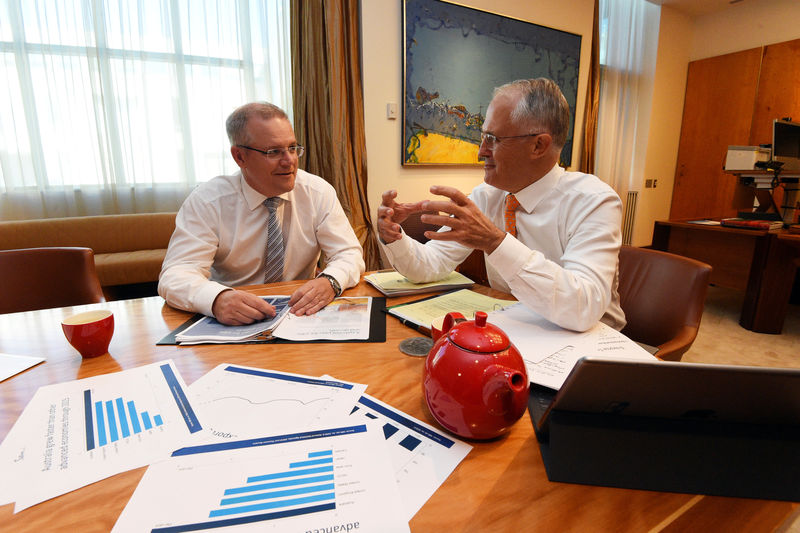By Harry Pearl
SYDNEY, April 8 (Reuters) - Australia on Saturday appointed the former director of its domestic spy agency as chairman of its foreign investment advisory committee, stepping up the role of national security in vetting bids for critical infrastructure.
David Irvine will begin his five-year term leading the Foreign Investment Review Board in April, where he will be responsible for advising the government on investment policy and administration, including foreign investment applications.
His appointment follows a series of controversial foreign investment rulings last year, when the government blocked Hong Kong and Chinese firms bidding for Ausgrid, the biggest power grid in the nation's most populous state, New South Wales, on national security grounds. Turnbull Government has taken consistent and determined action when it comes to ensuring foreign investment is not contrary to the national interest, whilst never underestimating its importance to our national economy," Treasurer Scott Morrison said in a statement on Saturday.
A respected diplomat, Irvine is also a former director general of both the Australian Security Intelligence Organisation and the Australian Secret Intelligence Service, which is responsible for foreign intelligence.
"I would read his appointment as an indication the government is looking to strengthen the national security side of foreign investment decisions," said Peter Jennings, the executive director of the Australian Strategic Policy Institute.
Jennings said Canberra viewed a more assertive China and the threat of cyber attacks as increasing risks to critical infrastructure.
Foreign investment in Australian infrastructure assets has become an increasingly contentious issue since the 2015 sale of the Port of Darwin to Chinese government-affiliated interests sparked a backlash over the security implications and drew a rebuke from U.S. government officials.
In January, the government established the Critical Infrastructure Centre, whose role will include checking whether foreign-led bids for key assets, including power grids and ports, pose any national security risks.
